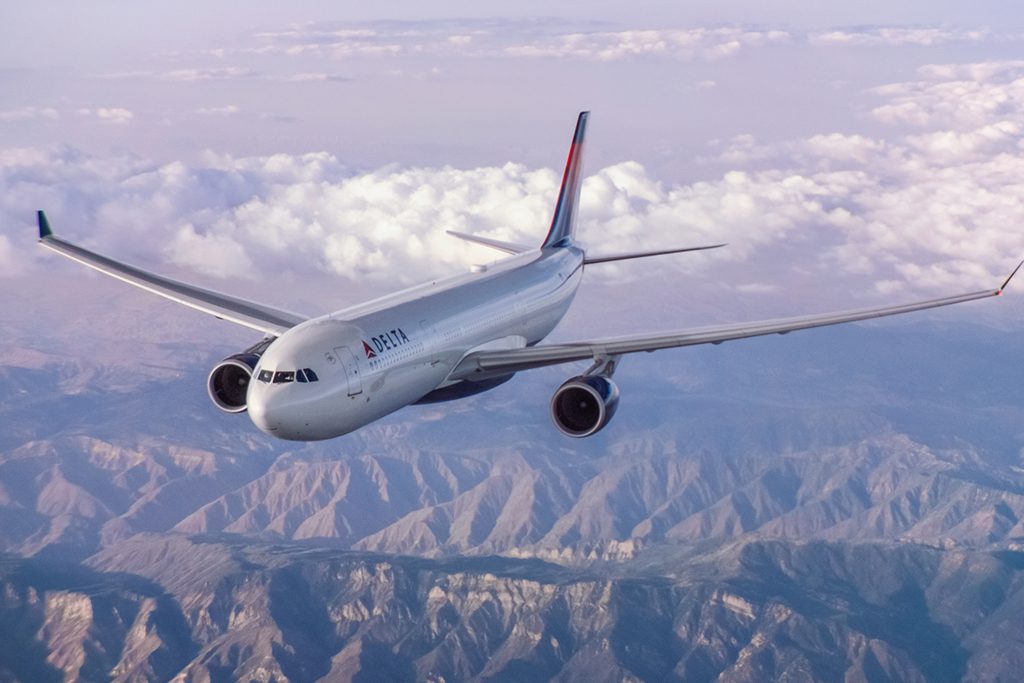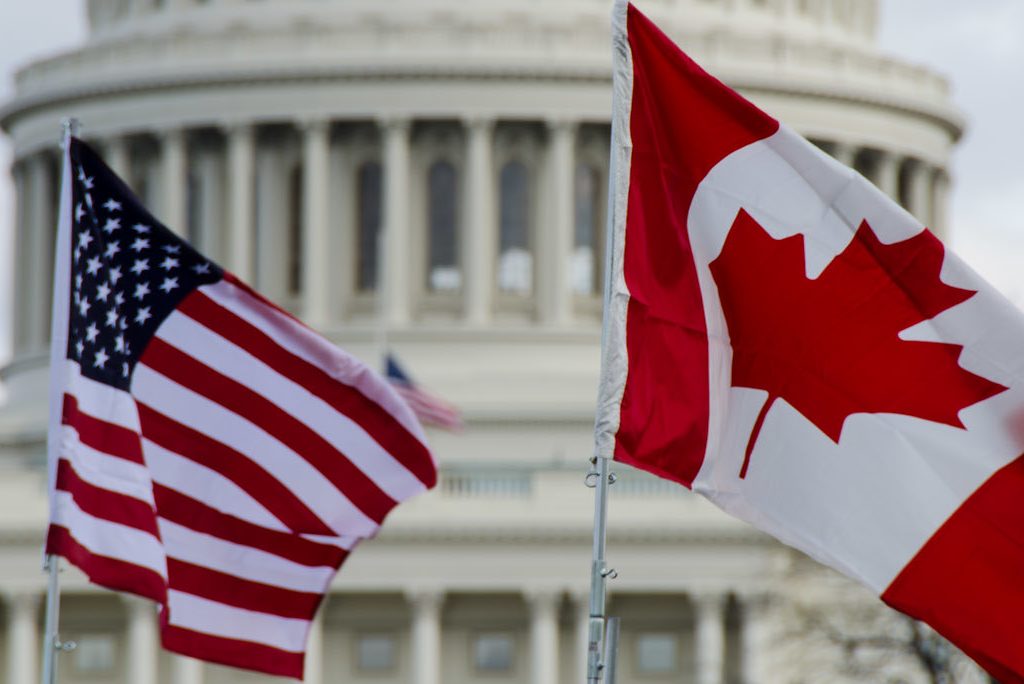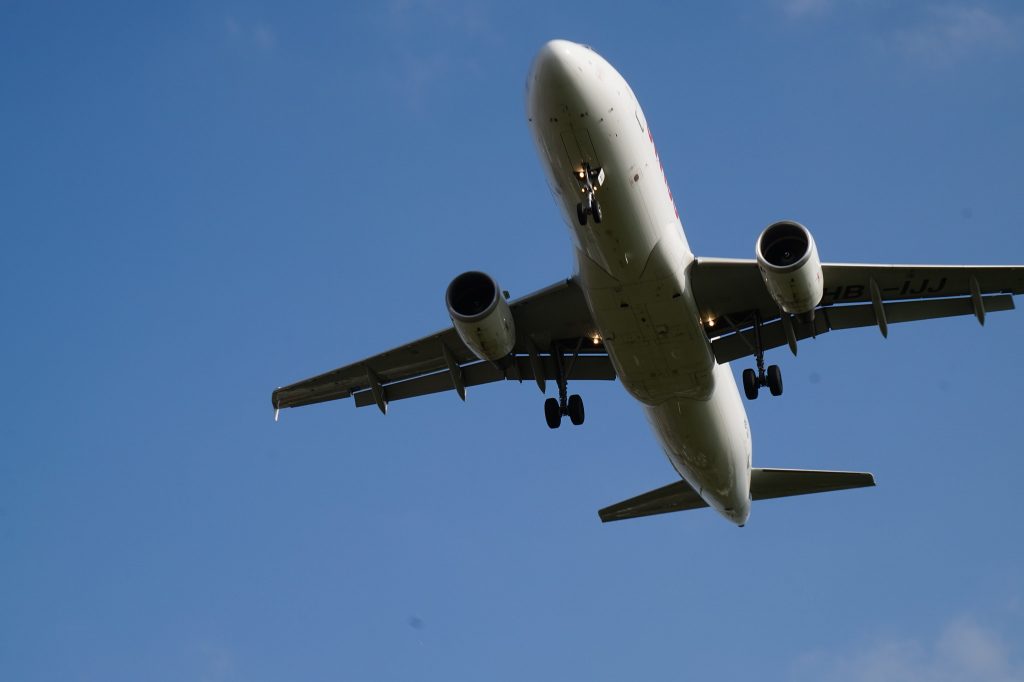Delta's Revenue Bump Is Thanks to International Travelers

Skift Take

Skift Daily Briefing Podcast
Listen to the day’s top travel stories in under four minutes every weekday.Good morning from Skift. It’s Friday, July 14. Here’s what you need to know about the business of travel today.
Listen Now
🎧 Subscribe
Apple Podcasts | Spotify | Overcast | Google Podcasts
Episode Notes
Delta Air Lines saw a significant revenue bump during the second quarter thanks to a major surge in international travel to Europe and Latin America, reports Edward Russell, editor of Skift publication Airline Weekly.
Delta President Glen Hauenstein said the company’s international revenue recorded a 61% increase while domestic revenue was only up 8%. Hauenstein added that Europe and Latin America were Delta’s strongest regions, with Russell noting the return of international travel is a big deal for global airlines. Although some long-haul international markets have recovered from the pandemic, Russell writes Delta doesn’t anticipate a full global recovery in passenger numbers until next year.
Meanwhile, Delta expects an 11-14% increase in revenue during the third quarter.
Next, the Grand Canyon National Park recently got a major boost in its efforts to go greener. The park secured $27.5 million in federal funding from the National Park Service to electrify its bus shuttles, writes Global Tourism Reporter Dawit Habtemariam.
The park will replace its current fleet with 30 new buses as well as install charging infrastructure to support them. Habtemariam reports that national parks have been looking to reduce their carbon footprint. Zion National Park in Utah also received federal funding in recent years to electrify its fleet. Although electric vehicle adoption has been slow in the U.S., the Biden administration has set aside billions to help states and businesses invest in charging stations.
Finally, India’s government has changed its tax rules for international tour packages four times in the past five months, reports Asia Editor Peden Doma Bhutia.
Bhutia writes the flip-flops have left the industry frustrated and confused, with one executive describing the frequent changes as “amateurish.” Another executive said the policy changes are an inconvenience for companies trying to expand their outbound travel business. However, Bhutia notes industry leaders view the changes as more than an inconvenience — they believe the new taxes could put their companies at a disadvantage. She adds that a special tax on Indian tour operators could encourage travelers to book with international companies.





